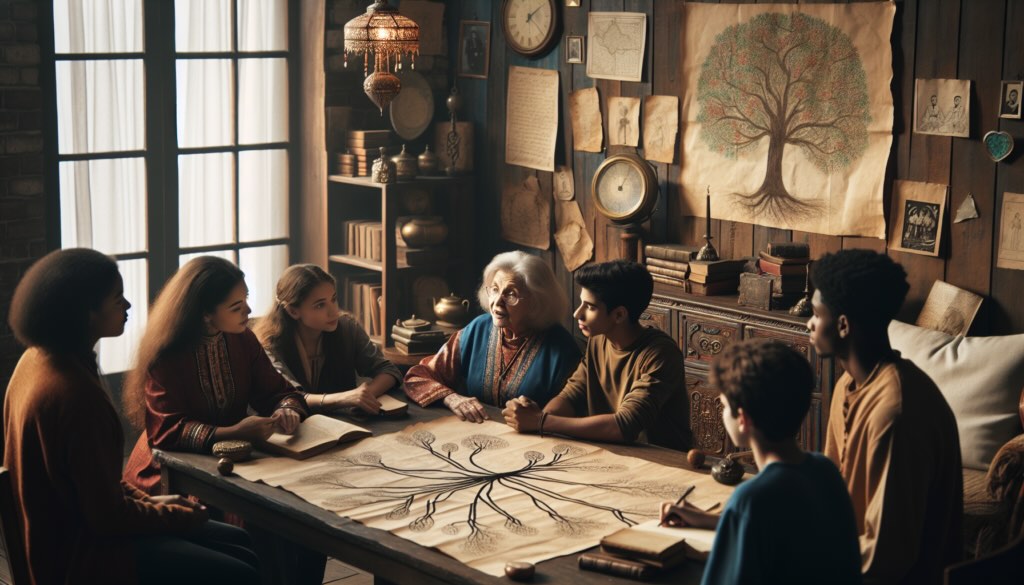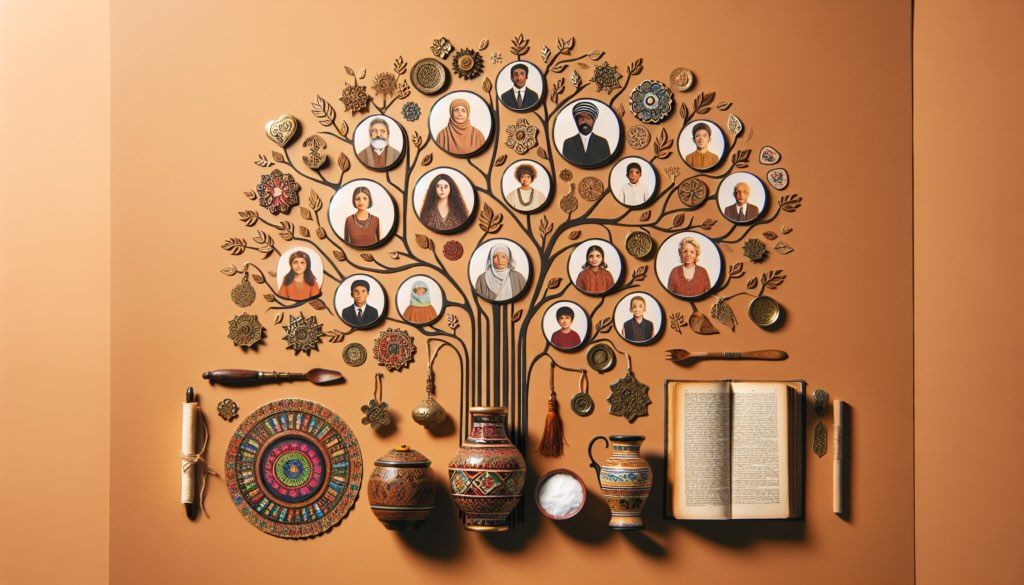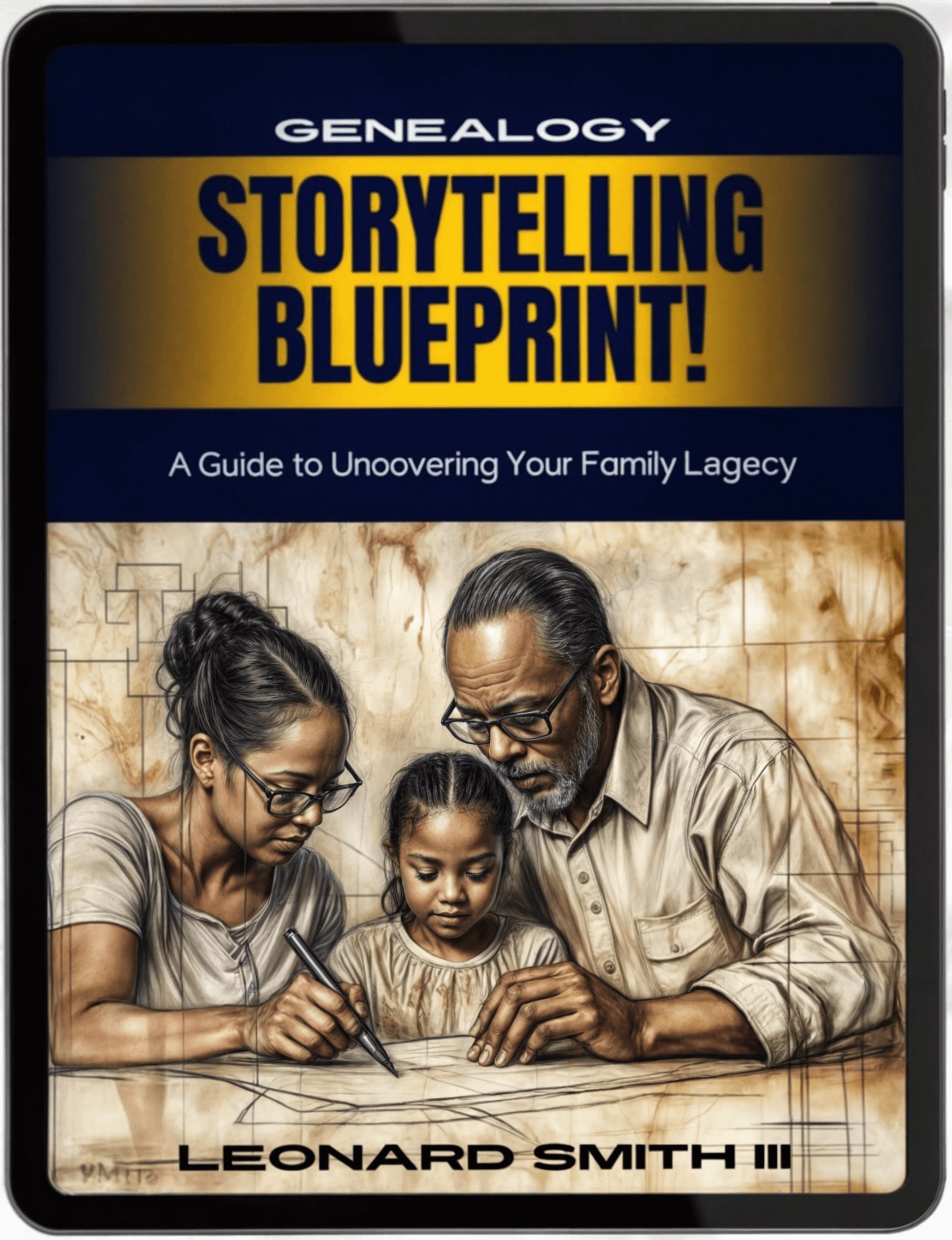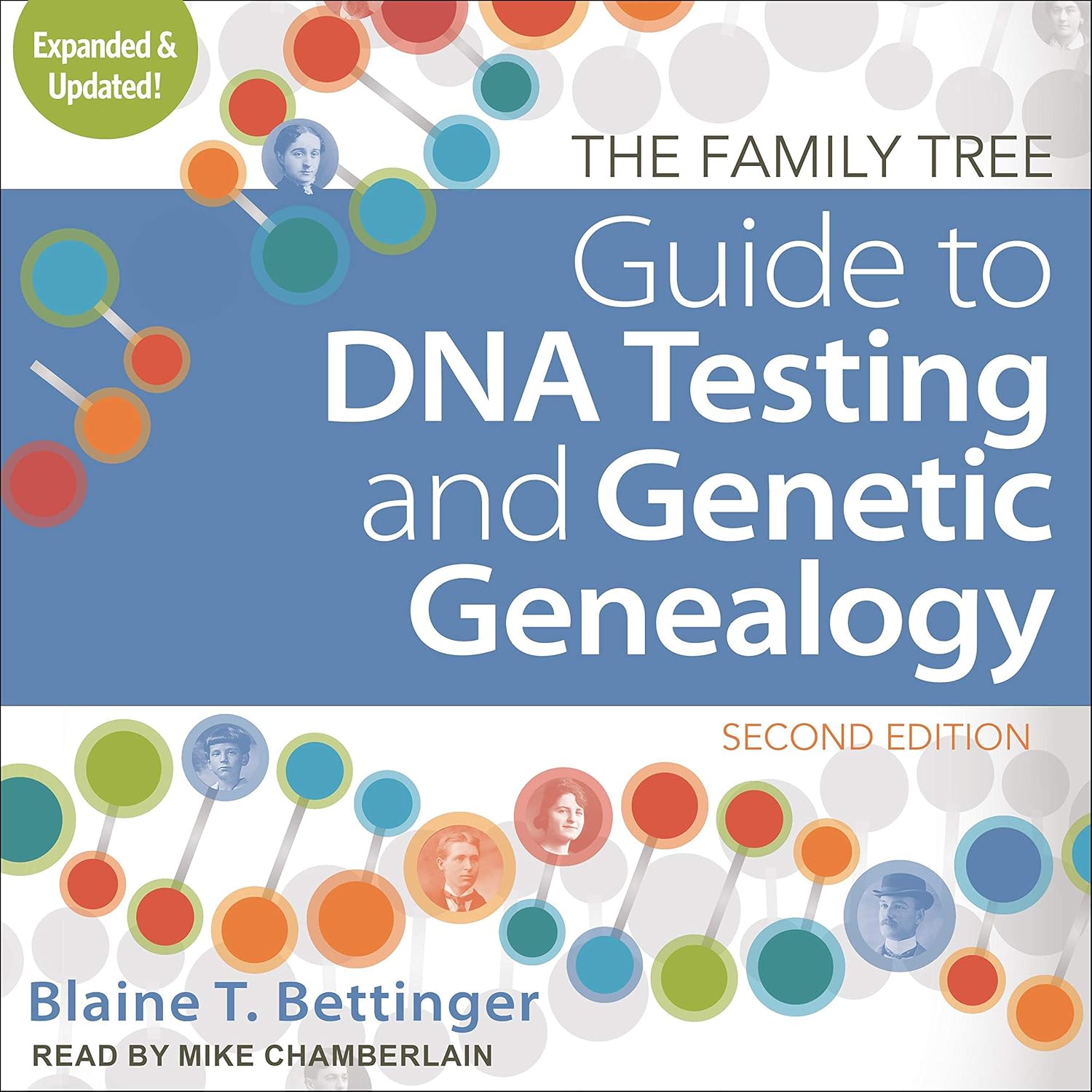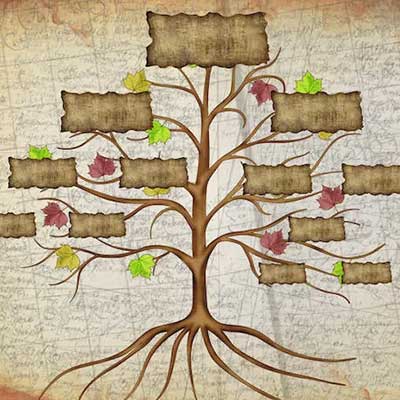Creating Your Family History Book
Dive into the art of crafting a family history book, a cherished heirloom that captures your family's unique story and legacy, preserving memories for generations.
Introduction to Your Family History Book
Family history books are more than just records; they are a window to the past, a bridge to our heritage. They offer a unique way to preserve our family's journey through generations, capturing the essence of who we are and where we come from. In this article, we'll explore the significance of documenting our family legacy and understand the concept of a family history book.
The Importance of Documenting Family Legacy
Creating a family history book is a labor of love and a journey into one's past. It's about connecting with ancestors and understanding their lives, struggles, and triumphs. Such books become treasured heirlooms, passed down through generations, keeping the memory of our forebears alive.
Understanding the Concept of a Family History Book
A family history book is more than a genealogical chart. It's a narrative that weaves personal stories, historical context, and emotional journeys of family members, creating a comprehensive account of one's lineage.
Planning Your Family History Book
Setting clear goals and choosing the right format are crucial first steps in creating a family history book that is both engaging and informative.
Setting Goals and Objectives
Before delving into research and writing, defining what you wish to achieve with your family history book is essential. Do you want it to be a comprehensive record, a collection of family stories, or a combination?
Choosing a Format: Digital vs. Print
Deciding on the format of your family history book is a crucial consideration. While digital books are easily shareable and editable, print books have a certain tangibility and charm.
Researching Your Family History
Gathering detailed information is the foundation of a compelling family history book. This process involves interviews with family members and extensive research.
Gathering Information: Interviews and Documents
Interviewing relatives and digging through old letters, photographs, and other documents are invaluable in understanding your family's past. These primary sources offer firsthand accounts and personal perspectives.
Utilizing Genealogy Databases and Resources
Genealogy databases, libraries, and historical societies are treasure troves of information. They provide access to birth, marriage, and death records, immigration documents, and other vital data.
Writing Your Family History
The essence of a family history book lies in how the story is told. It requires a balance between factual information and engaging storytelling.
Crafting a Narrative: Storytelling Techniques
A good family history book tells a story. It's about creating an engaging, coherent, and emotionally resonant narrative. Using storytelling techniques can help bring the stories of your ancestors to life.
Incorporating Anecdotes and Memories
Personal anecdotes and family memories add depth and authenticity to your family history book. These elements help readers connect with the stories on a personal level.
Designing Your Family History Book
The design of your family history book plays a significant role in how the content is perceived and enjoyed.
Layout and Design Considerations
The layout should be reader-friendly, with a clear structure. Visual elements like family trees, photographs, and documents enhance the reader's experience.
Selecting Photographs and Illustrations
Choosing the proper photographs and illustrations is crucial. They should complement the text and help illustrate the stories and personalities of your ancestors.
The Role of Technology in Family History
Technology has revolutionized the way we approach family history. It offers tools and resources that make the process more efficient and comprehensive.
Digital Tools and Software for Family Historians
Various software and digital tools are available to help with organizing data, designing layouts, and even conducting research. These tools can simplify the process of creating a family history book.
Preserving Digital Family History Safely
Digital preservation is a crucial aspect of modern family history books. Ensuring that your digital content is backed up and stored safely is vital for longevity.
Sharing Your Family History Book
Once your book is complete, sharing it with family members and a broader audience can be a rewarding experience.
Distributing to Family Members
Sharing your family history book with family members is a way to strengthen family bonds and ensure that your ancestors' stories are not forgotten.
Publishing Options: Self-Publishing vs. Professional
Exploring self-publishing options or professional publishing services can be beneficial for those looking to share their family history book beyond their family.
Legal and Ethical Considerations
When creating a family history book, it's essential to consider the legal and ethical implications, especially when dealing with sensitive information.
Privacy Concerns in Family Histories
Respecting the privacy of living family members and being mindful of what information is shared is crucial. It's important to obtain consent before including personal details.
Handling Sensitive Family Information
Dealing with sensitive or potentially controversial family information requires tact and sensitivity. It's important to approach such topics with care and respect for all involved.
Celebrating Diverse Family Histories
Every family has a unique story, influenced by their cultural background and family structure. Embracing this diversity enriches the family history book.
Incorporating Multicultural Elements
Acknowledging and celebrating the cultural heritage of your ancestors adds depth and richness to your family history book. It's a way to honor their legacy and the diversity within your family.
Honoring Different Family Structures
Recognizing and respecting the various forms of family structures is essential. Whether single-parent families, blended families, or adoptive families, each has its unique story to tell.
Family History Book as an Heirloom
A family history book is more than a document; it's an heirloom that carries your family's legacy for future generations.
Passing Down Through Generations
A well-crafted family history book can be cherished and passed down through generations, keeping the memory of ancestors alive.
The Everlasting Impact of a Family History Book
The impact of a family history book extends beyond the immediate family. It serves as a historical document, preserving the stories and experiences of past generations.
Creating a family history book is a meaningful and rewarding endeavor. It's a way to connect with your roots, understand your heritage, and preserve your family's legacy for future generations.
FAQs
- How do I start researching my family history?
- What are some tips for conducting compelling family interviews?
- How can I organize and store my research data effectively?
Embarking on creating a family history book profoundly honors your ancestors and shares their stories. It's a project that not only enlightens but also connects generations. Remember, every family has a unique story; your family history book is a testament to that incredible journey.
